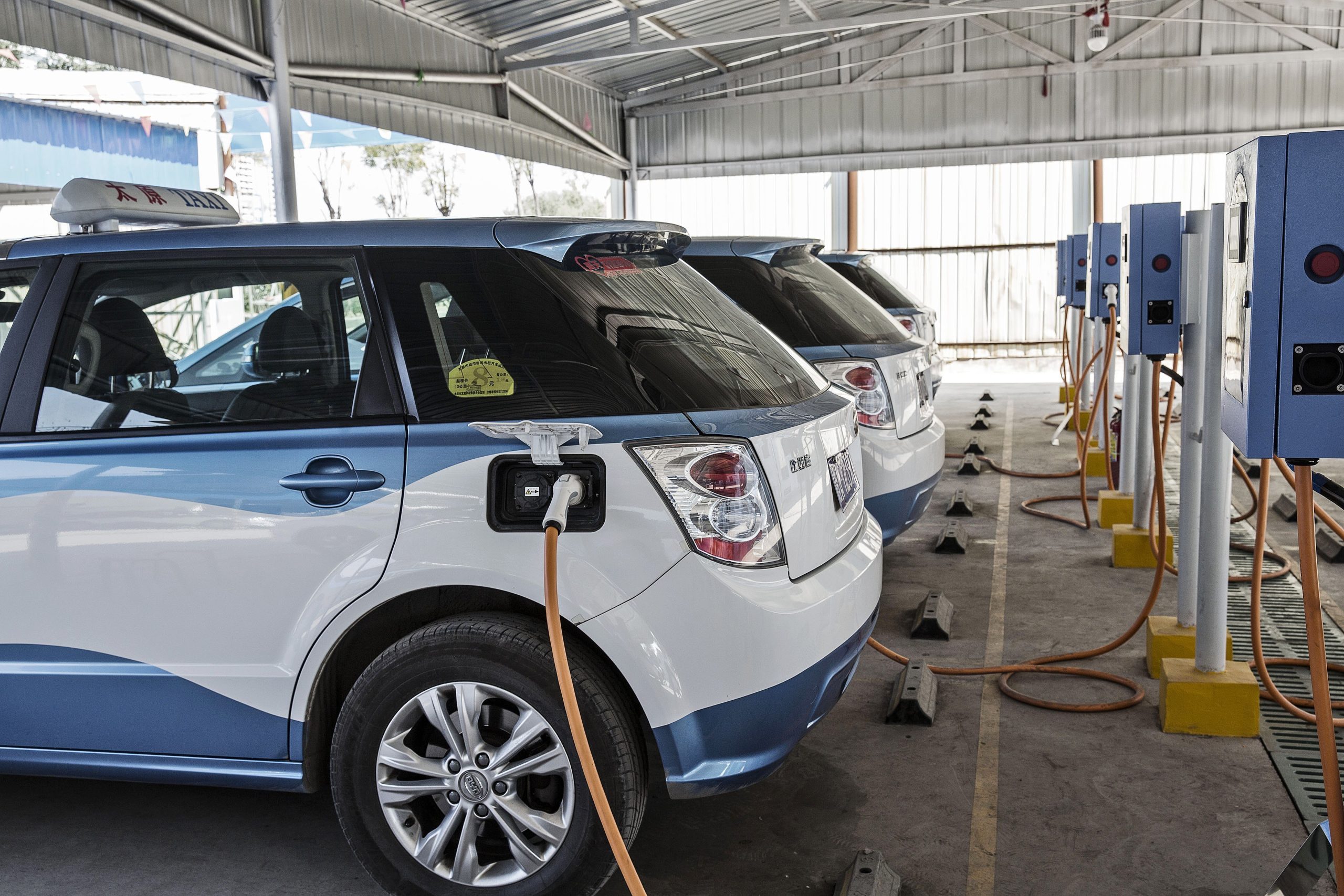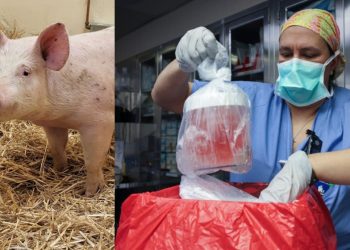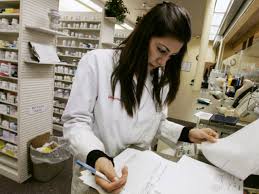- Incubation period – First stage:
This is when the virus establishes itself. The coronavirus, officially called Sars-CoV-2, can invade your body when you breathe it in (after someone coughs nearby) or you touch a contaminated surface and then your face.
At this early stage, you will not be sick and some people may never develop symptoms. The incubation period, the time between infection and first symptoms appearing, varies widely, but is five days on average.
- Second stage:
Covid-19 is a mild infection for eight out of 10 people who get it and the core symptoms are fever, body aches, sore throat, dry cough and headache.
This stage lasts about a week – at which point most recover because their immune system has fought off the virus.
However, some will develop a more serious form of Covid-19.
- Third stage:
If the immune system fails to fight off the disease, it causes inflammation, and lungs are highly vulnerable to pneumonia. Which causes the tiny sacs in our lungs to fill with water and can eventually cause shortness of breath and difficulty breathing.
- Fourth stage:
Around 6 per cent of the patients experience this stage. By this stage the immune system is now spiraling out of control and causing damage throughout the body, leading to septic shock when the blood pressure drops, Acute respiratory distress syndrome caused by widespread inflammation in the lungs which in-result affects kidneys and intestines.
And if the immune system cannot get on top of the virus, then it will eventually spread to every corner of the body where it can cause even more damage.
Last Resort:
Treatment by this stage will be highly invasive and can include ECMO or extra-corporeal membrane oxygenation.
This is essentially an artificial lung that takes blood out of the body, oxygenates it and pumps it back in.
But eventually the inflammation can cause irreversible organ damage which proves to be fatal.



















































